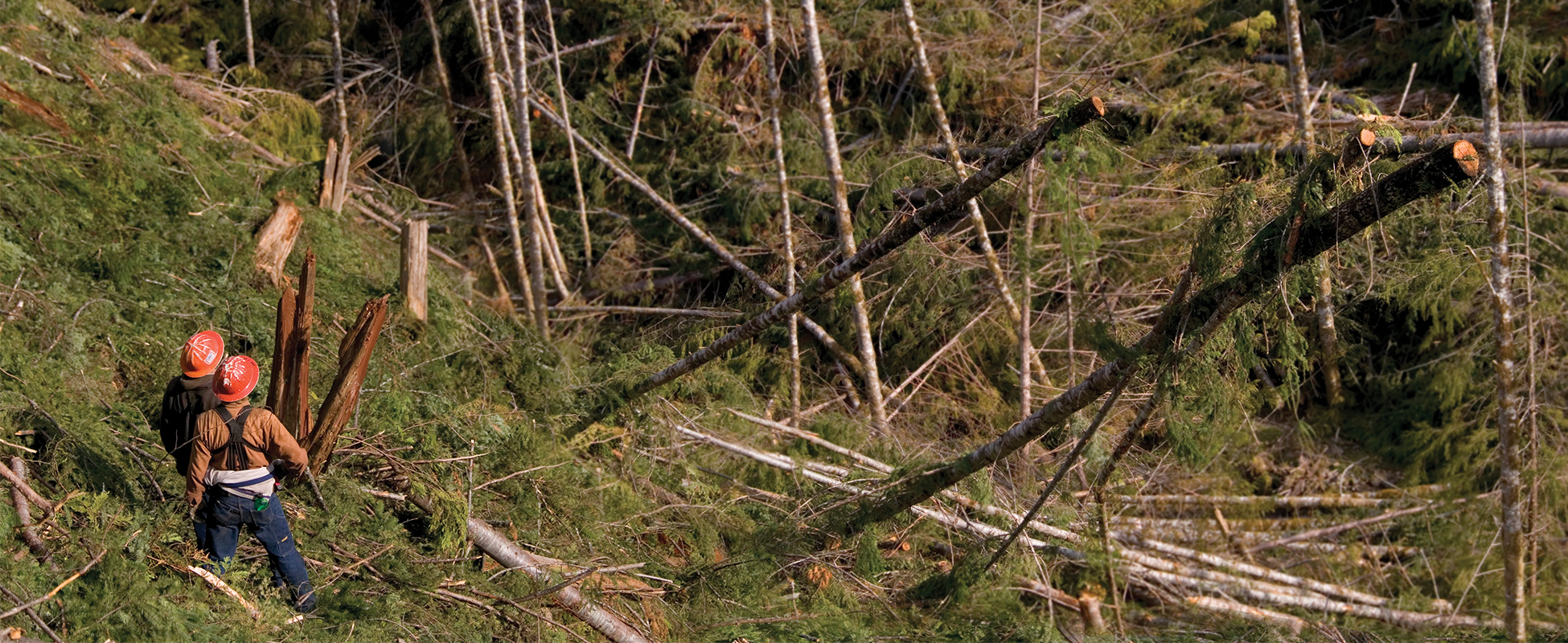Mechanized Harvesting Laboratory
The Mechanized Harvesting Laboratory combines state-of-the-art computer-based forest harvesting machine simulation, mechanical analysis, operations research, and field-based research to increase the knowledge of modern mechanized harvesting systems. Our vision is to provide transformative research that supports technology-based experiential learning for modern forest harvesting systems.
